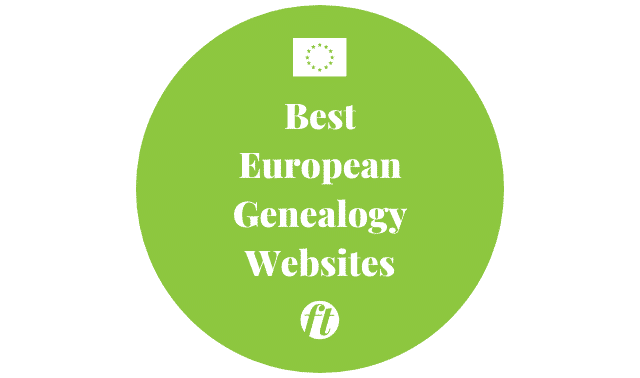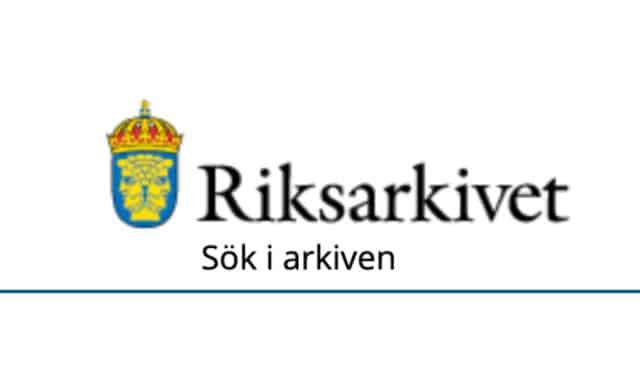Websites new to our list for 2025 are indicated by an asterisk (*). Sites marked with a dollar sign ($) require a subscription or other payment to fully take advantage of their content; otherwise free sites that have some sort of premium tier or paid add-on have this noted in the write-ups.
All summaries written by David Fryxell

















